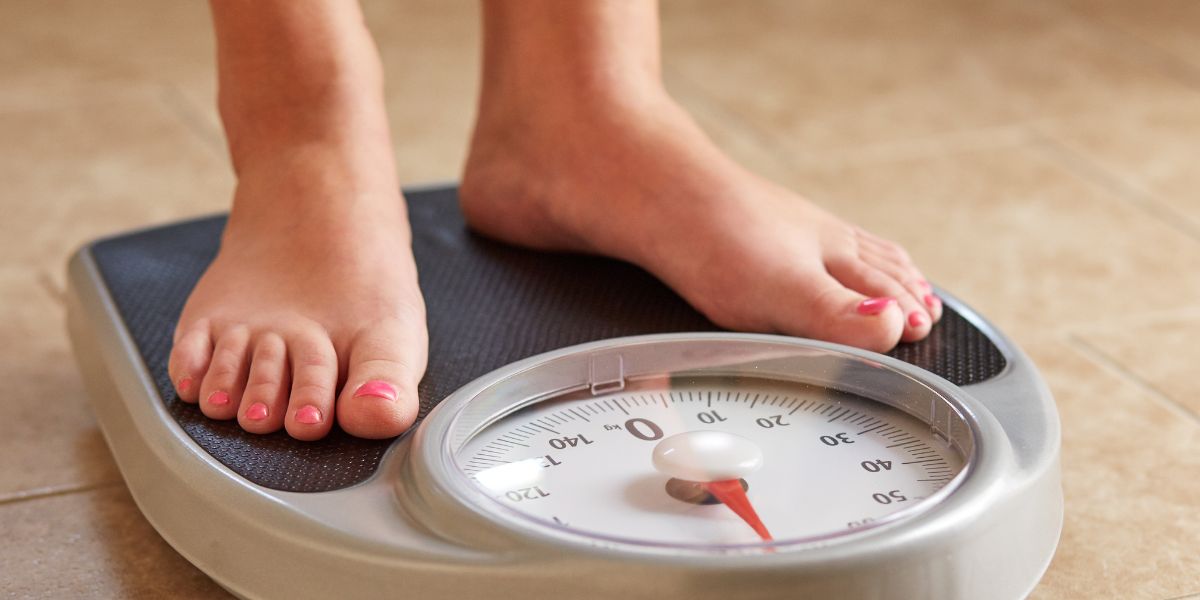The role of the brain chemical dopamine has a key role to play when it comes to how easy or hard people find exercise, a new study has identified.
A team of researchers has reported the findings after carrying out a study of people with Parkinson’s disease. Those with the condition experience a loss of dopamine-producing cells in the brain.
They have found that levels of dopamine play a key part in how accurately people assess the level of effort required for a physical task. This in turn can influence the effort people are prepared to put in for future physical tasks.
- Short exercise routines linked to good health outcomes
- Exercise may offset some of the negative effects of poor sleep
Furthering understanding around the role of dopamine and motivation could help to shape physical therapy programmes and help people stick to exercise regimes, the researchers have said.
Low levels of dopamine could also go some way to explaining the fatigue seen in depression, long COVID and during cancer treatment.
Study leader Dr Vikram Chib, associate professor at the Johns Hopkins University School of Medicine said: “Researchers have long been trying to understand why some people find physical effort easier than others. This study’s results suggest that the amount of dopamine availability in the brain is a key factor.”
Dr Chib and colleagues from Johns Hopkins Medicine and the Kennedy Krieger Institute ran a study involving 19 participants with Parkinson’s disease. Those with the condition experience tremors, balance and coordination problems and fatigue.
The participants, who had an average age of 67, were given a physical exercise where they were tasked with squeezing a hand grip with a sensor twice a week. The volunteers took their normal synthetic dopamine medication as normal on one of the days; on the other, they did not take their medication for at least 12 hours before the hand squeeze test.
- Exercise can boost pre-teen mental health and reduce behavioural problems
- Exercise improves how we feel, think and act, research shows
They were asked about the level of effort they put into the tasks, with the results showing that when they had taken their medication as normal, their assessment of how much effort they’d put in was more accurate.
For the tasks completed when they hadn’t taken their medication, the participants were much more prone to over-reporting their efforts, thus indicating that they perceived the task to be harder.
In a second experiment, the participants had the choice of either completing the hand squeeze exercises when a low amount of effort was required, or they could flip a coin where the options were either no effort exercise or very high effort.
The researchers found that when the volunteers had taken their medication, they were more willing to take a chance and flip the coin.
Read the study in npj Parkinson’s Disease.




